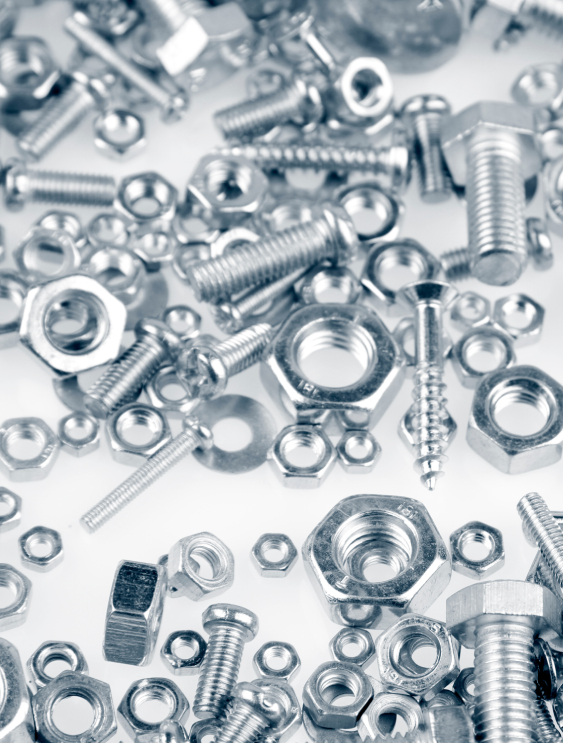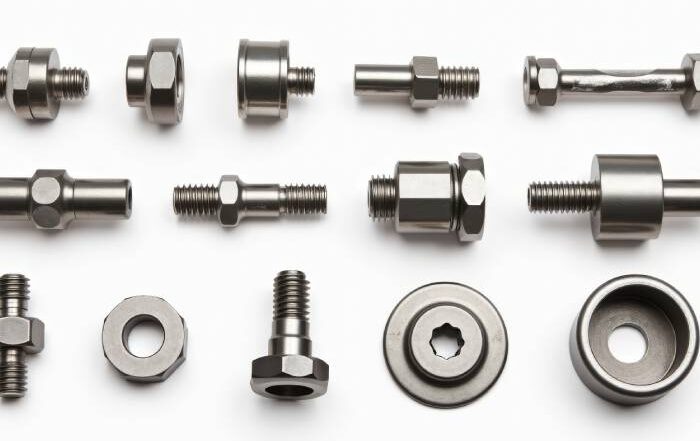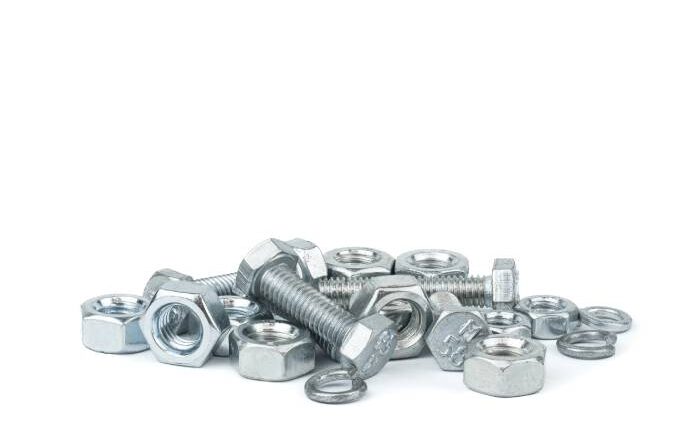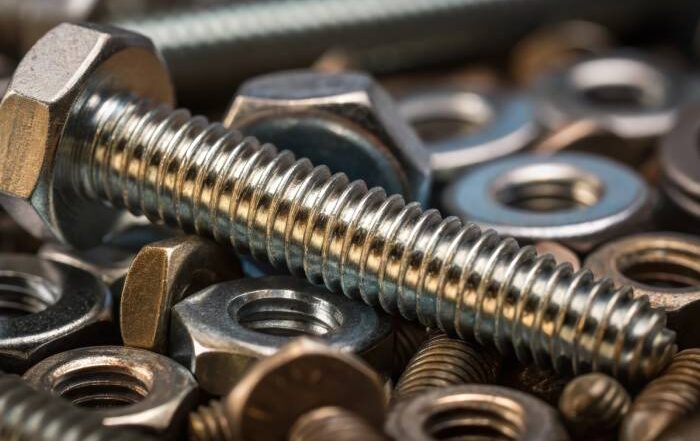
Having a good toolkit is very important for people trying DIY projects. Many tools and materials will be needed, but essential fasteners are also significant because they hold everything together. Fasteners are small yet significantly impact projects, as things can fall apart without them. Marsh Fasteners knows that picking the correct fasteners is crucial for every job. This blog post will present you with the essential fasteners needed by anyone who loves doing DIY projects and how they can be arranged orderly and prepared for usage when required.
The Basics of Fasteners
Fasteners, also known as fixings or fastenings, refer to the hardware devices used for mechanically joining or affixing two or more objects together. They can be found in many different types and materials, each suited for specific applications and surroundings. Here are the main types of fasteners:
- Screws: They are fasteners that have threads and are used for keeping things together or in position. These can be found in different head forms like flat, Phillips, hex.
- Nails: Usually, you hit them with a hammer or nail gun for wood. Nails are not as strong as screws but they can be installed fast.
- Bolts: These are used in combination with nuts to hold things tightly. Bolts give a solid connection and are perfect for tasks requiring heavy-duty strength.
- Washers: These are combined with screws or bolts, they distribute the load and make sure the surface is not harmed.
- Rivets: Permanent fasteners used to join sheets of metal or other materials together.
- Anchors: Provide strong attachment points in drywall, masonry, or concrete.
- Clips and Pins: Hold components in place, often used in machinery or automotive applications.
- Hooks and Eyes: Provide hanging.a or securing points in various projects.
Materials of Fasteners
These are the common types of materials used for fasteners:
Steel: Strong and durable, commonly used in construction and machinery.
- Stainless Steel: Resistant to rust and corrosion, ideal for outdoor or high-moisture environments.
- Brass: Resistant to corrosion and has a decorative appearance, often used in electrical applications.
- Aluminum: Lightweight and corrosion-resistant, used in applications where weight is a concern.
- Plastic: Non-conductive and corrosion-resistant, used in lighter-duty applications.
Knowing these groups and substances will assist you in picking the suitable fasteners for your ventures.
Top 10 Essential Fasteners
- Nuts and Bolts: These go together and are essential for securing parts in place.
- Screws: They have threading that enables them to be tightened into various materials, often with a screwdriver.
- Washers: They are placed between a nut or bolt head, and the material is fastened to distribute pressure evenly.
- Anchors: These expand inside a hole in the wall to provide stability when attaching items like shelves or pictures.
- Rivets: They join two pieces of material by deforming one end to create a permanent connection.
- Clamps: Used for holding things tightly together until glue or other bonding methods dry out completely.
- Tacks and Pins: Small, sharp objects that can be pushed into surfaces such as walls (tacks) or hold things together (pins).
- Staples: Usually made from metal wire, they are used with staple guns for fastening materials like fabric or paper onto surfaces.
- Nails: Pointed at one end, these, commonly made of iron, can be hammered into materials such as wood to join them together permanently.
- Snap Fasteners: These consist of two parts – one is attached while the other can be snapped on top; popularly used in garments or bags where we require quick opening/closing options.
How to Properly Store and Organize Your Fasteners
You must keep your fasteners organized to maintain an efficient and effective toolkit. Here are a few suggestions for preserving storage and organization:
- Utilize Divided Containers: Arrange fasteners in divided containers based on their type and size. This helps you to find what you require rapidly while also maintaining the cleanliness of your working area.
- Label Everything: It is important to label each compartment with the type and size of fasteners. Labels help prevent mix-ups and save time when you are on a project.
- Wall Storage: Consider installing some bins or racks on the wall. This may assist in organizing things and making them more accessible. It can also clear out the workspace and keep fasteners that are used often close by.
- Magnetic Trays: To keep fasteners in place while you work on a project, use magnetic trays. This prevents them from rolling and getting misplaced.
- Maintain Original Packaging: If feasible, keep fasteners in their initial packaging. The packaging typically contains valuable details about the specifications of these items.
Marsh Fasteners offers a variety of storage solutions designed to help you keep your fasteners in order and easy to reach. Explore our products now; you are sure to discover the ideal storage method for your requirements.
For a DIY lover, having the correct fasteners is very important. Every type of fastener, from wood screws to toggle bolts, has its job in making sure your work is stable and robust. Storing and arranging these fasteners neatly is also crucial to keeping things efficient and handy. To meet your critical fastener requirements, come to Marsh Fasteners. We have a wide range of top-notch fasteners and storage options to help with all your do-it-yourself projects. Reach out to us now or explore our internet shop to get the finest available items to fill up your toolkit.



